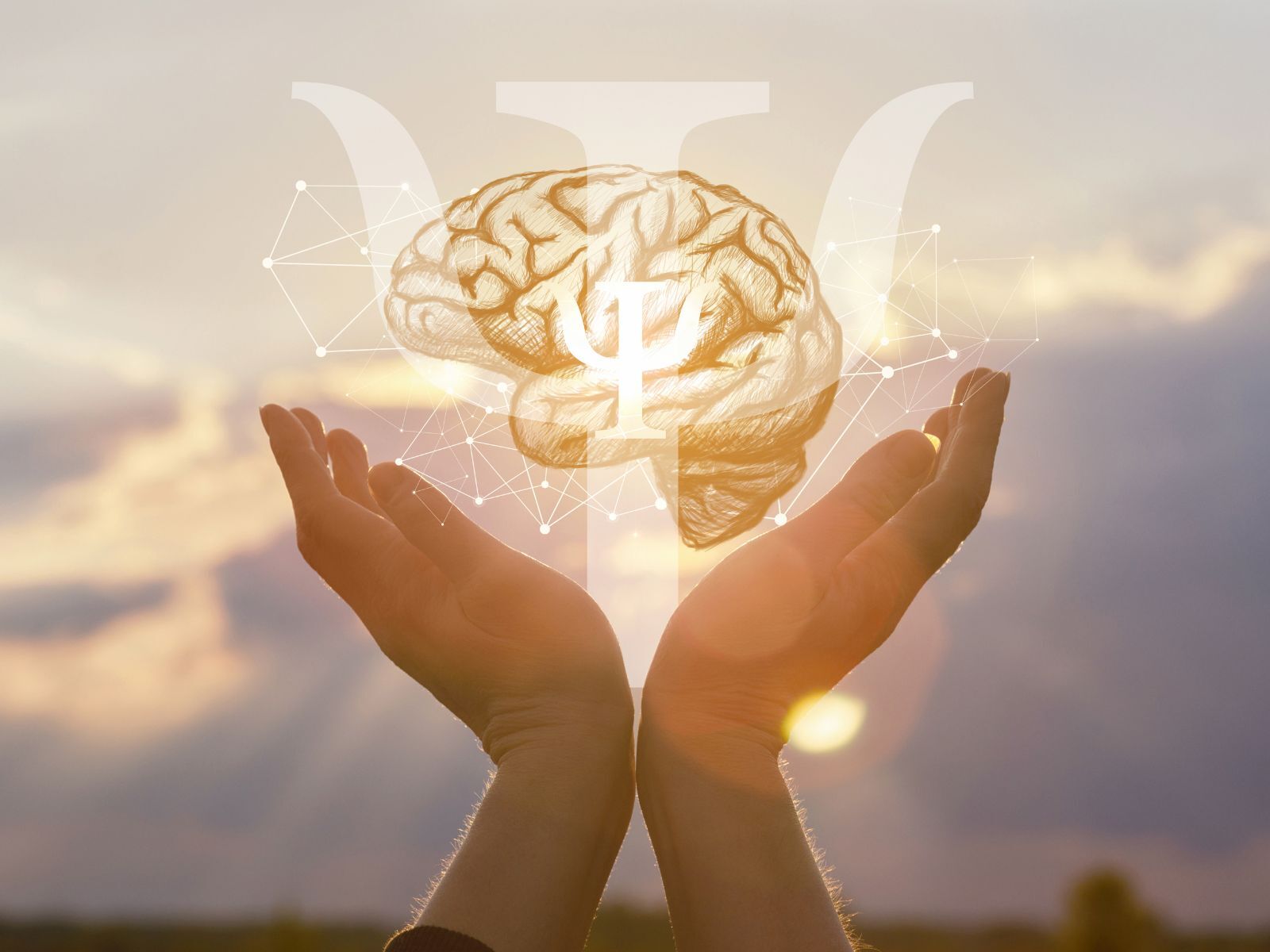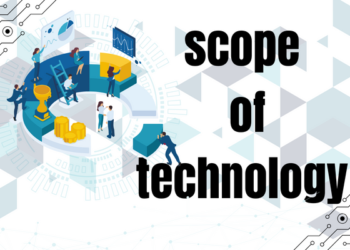Psychology and education are two interconnected terms that beautifully explain the two main aspects of human life, i.e., Sociological and Biological. But wait! Have you ever wondered how these two terms are interconnected? Or, Have you ever been curious about the relationship between education and psychology?
The relationship between education and psychology is intricate and symbiotic, as the principles of psychology significantly influence the field of education. This dynamic interplay is evident across various facets of the educational process. It ranges from the formulation of educational objectives to the daily interactions within the classroom.
Examining this relationship through specific subheadings unveils the depth and breadth of the impact that psychological insights have on education.
What is Education?
Education is a process that focuses on bringing out the best in a child. It functions towards figuring out what is important for the growth of children as well as adults. The aim of education is to produce well-balanced personalities.

It is not necessary that we can only learn through any formal education system, but our senses can be developed from any formal and informal mode of education. Whether it be school, home, church, club, press, cinema, travel, media, social, or physical environment, you can develop your basic instincts anywhere around you.
Education makes a person culturally refined, emotionally stable, ethically sound, mentally alert, physically strong, socially efficient, spiritually upright, internationally liberal, and vocationally self-sufficient.
Overall, different scholars have given different definitions to the term. While some define education as a lifelong process; some call it the attainment of a sound mind in a sound body.
Define Psychology
Psychology is a science that works towards understanding the human mind. It is also called the Science of Soul, mind, consciousness, and behavior. It explores how individuals think, feel, and act in various situations. Psychologists aim to understand the complex processes that shape human thoughts, emotions, and actions.

They investigate a wide range of topics, such as memory, perception, learning, and social interactions. By examining both normal and abnormal behaviors, psychologists seek to unravel the mysteries of the human mind.
In simple terms, psychology delves into the inner workings of our brains to comprehend why we do what we do. It involves observing and analyzing behavior, thoughts, and emotions to uncover patterns and underlying factors.
Psychologists use various research methods, including experiments and surveys, to gather information and draw conclusions about human behavior.
Moreover, psychology is not only about individual experiences but also about how people interact with each other and their environment. It contributes valuable insights to areas like education, therapy, and business, helping improve our understanding of ourselves and others. Ultimately, psychology strives to enhance the quality of life by unraveling the complexities of the human mind.
Educational Psychology
Educational psychology is a field that explores how people learn and develop within educational settings. It delves into the psychological processes that influence learning, teaching, and student behavior.
One key focus is understanding how students acquire, retain, and apply knowledge. Educational psychologists examine various factors, such as cognitive development, motivation, and social interactions, to enhance the learning experience.

Teachers benefit from insights provided by lifelong process to create effective teaching strategies tailored to student’s needs and abilities. This field emphasizes the importance of individual differences, recognizing that each student has unique learning styles and preferences.
By applying principles from educational psychology, educators can create inclusive and supportive learning environments that foster student engagement and success.
Furthermore, educational psychologists explore ways to address challenges in the classroom, such as learning disabilities or behavioral issues. They may collaborate with teachers, parents, and other professionals to develop interventions and support systems that facilitate optimal learning outcomes.
The goal of educational psychology is to contribute to the improvement of education by providing evidence-based insights that enhance teaching practices and promote positive educational experiences for students of all backgrounds.
Transition From Educational Psychology to Education and Psychology

Transitioning from educational psychology to the broader field of education and psychology opens up new avenues for understanding and influencing learning environments. Educational psychology primarily focuses on studying individual learners and their cognitive, emotional, and social development within educational settings.
However, embracing education and psychology widens the scope to include not only the intricacies of individual learning but also the broader educational systems and societal factors that shape them.
This transition allows professionals to explore the interplay between psychological principles and educational practices on a larger scale. By incorporating both education and psychology, one can delve into curriculum design, instructional strategies, and school policies, considering their psychological impact on diverse student populations.
Moreover, this holistic approach encourages a comprehensive understanding of how educational contexts influence human behavior and development.
Ultimately, the transition from educational psychology to education and psychology provides a richer perspective, equipping individuals to contribute meaningfully to the enhancement of educational systems and the well-being of learners within those systems.
Relationship Between Education and Psychology
The relationship between education and psychology is profound, as the principles and insights garnered from the field of psychology significantly influence educational practices. This connection is evident across various facets of the educational process, shaping the ways educators understand, engage with, and optimize learning experiences for students.
1. Learning and Cognitive Psychology
One key intersection lies in the realm of learning, where educational practices draw extensively from cognitive psychology. Understanding how individuals acquire, process, and retain information guides educators in tailoring instructional methods.
Insights into memory, attention, and problem-solving enable the design of curricula that align with cognitive development, fostering effective and meaningful learning experiences.

2. Classroom Management and Behaviorism
Psychological principles from behaviorism contribute significantly to classroom management strategies. Educators leverage insights into reinforcement, conditioning, and motivation to cultivate a positive and disciplined learning environment.
Behaviorist approaches inform the development of reward systems, reinforcement schedules, and interventions that address disruptive behaviors, creating conducive spaces for academic growth.
3. Individual Differences and Educational Psychology
Educational psychology plays a pivotal role in recognizing and addressing individual differences among students. This field explores the diverse factors influencing learning, such as intelligence, personality, and socio-emotional development.
By incorporating insights from educational psychology, teachers can tailor their approaches to accommodate varied learning styles and provide differentiated instruction, ensuring inclusivity and equitable educational outcomes.
4. Assessment and Psychometrics
The field of psychometrics, a branch of psychology, is closely intertwined with educational assessment. Principles of validity, reliability, and fairness guide the development of assessments and standardized tests.
Applying psychometric principles ensures that evaluation tools accurately measure what they intend to assess, promoting a reliable gauge of student understanding and progress.
5. Motivation and Educational Environments
Psychological theories of motivation shed light on factors influencing student engagement and persistence. Educators draw from motivational psychology to design tasks that stimulate interest, set achievable goals, and cultivate a positive attitude toward learning.
Understanding the intricacies of motivation enhances instructional strategies, fostering a passion for lifelong learning.
Reasons Behind Studying Psychology in Education
Studying psychology in education is crucial as it provides valuable insights into understanding how students learn and develop. This field helps educators comprehend the diverse cognitive, emotional, and social aspects that influence a student’s academic journey.
By delving into the principles of psychology, teachers can tailor their instructional methods to meet individual learning needs, fostering a more effective and inclusive learning environment.

Additionally, a grasp of psychology aids educators in recognizing and addressing behavioral challenges, promoting positive classroom management.
Furthermore, studying psychology in education equips teachers with the knowledge to enhance communication and interpersonal skills. This, in turn, contributes to building strong teacher-student relationships, a fundamental aspect of effective teaching.
Understanding the psychological factors that impact motivation and engagement allows educators to create motivating and inspiring lessons, fostering a love for learning among students.
Overall, integrating psychology into education not only enriches the teaching profession but also empowers educators to make informed decisions that positively impact the academic and personal development of their students.
Final Thoughts
The relationship between education and psychology is profound and multifaceted. Psychology serves as the guiding force shaping educational practices and the curriculam that align with cognitive development, from the establishment of objectives to the assessment of learning outcomes.
This symbiotic connection ensures that education is not only about transmitting knowledge but is also a nuanced and responsive process that considers the psychological intricacies of the learners.
Ultimately, a harmonious integration of education and psychology enriches the teaching and learning experience, fostering a more effective and student-centered educational system.







